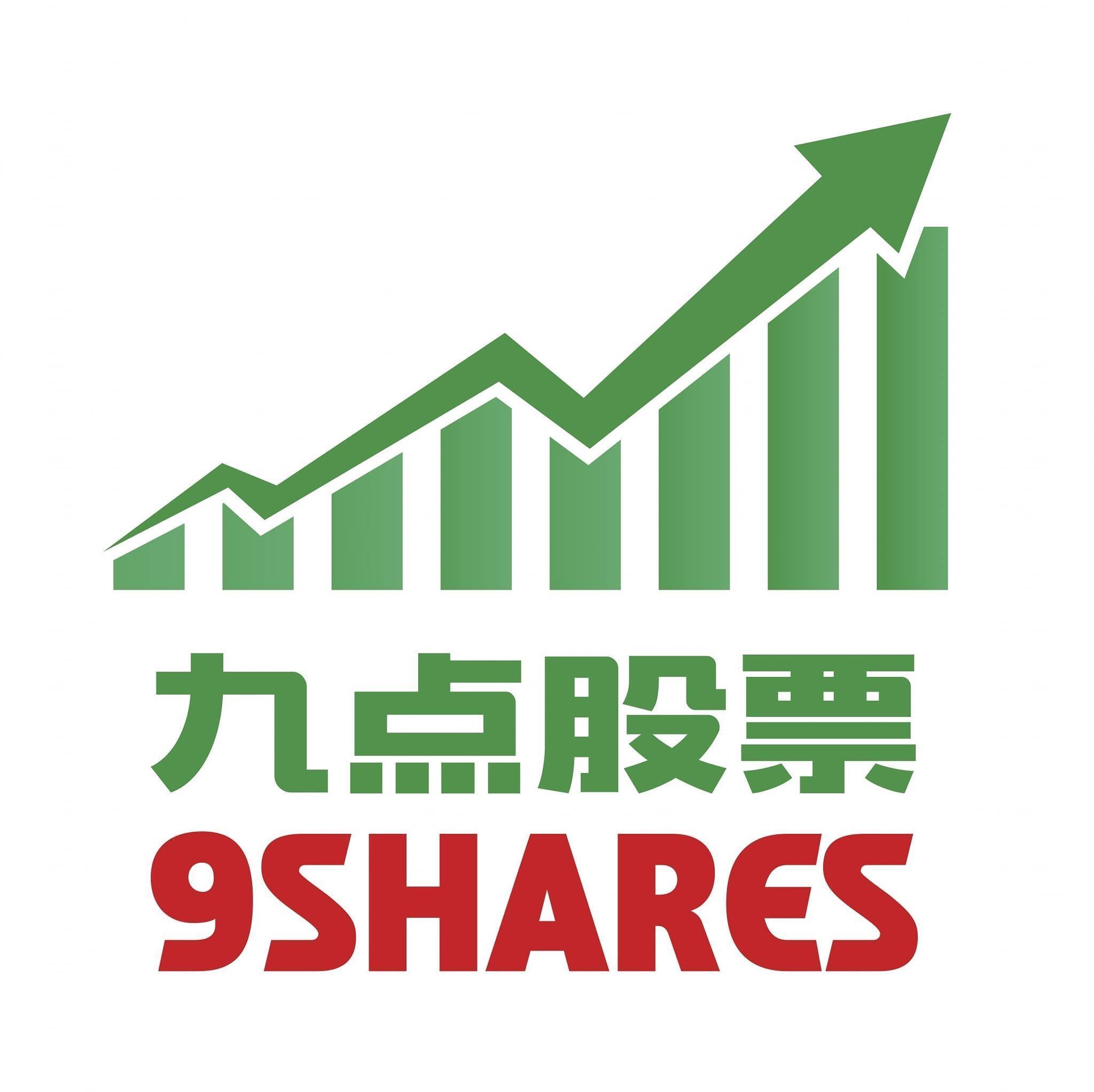Universities push back: Global exodus from times higher education rankings raises questions on transparency and fairness
20 小时前
A growing number of well-known universities around the world are publicly distancing themselves from the Times Higher Education (THE) World University Rankings.
What began as a trickle of isolated objections has become a wider movement from Europe to Asia and the Middle East that questions the fairness, transparency and cultural bias of global ranking systems. This expanded report collects recent evidence, places developments in regional context (including Malaysia) and points Malaysian readers to primary sources so institutions and policymakers can make informed choices.
The newest wave: Who has withdrawn (or stopped submitting data) and why?
Several high-profile cases (2023–2025) illustrate the pattern of institutional disengagement with THE:
Sorbonne University (France): Announced in September 2025 that it will no longer submit data to THE as of 2026, framing the decision as part of a commitment to open science, research-assessment reform and opposition to opaque ranking methodologies.
University of Zurich (Switzerland): Publicly confirmed it will not provide data to THE, citing that the ranking "creates false incentives" and cannot reflect the wide range of university missions.
Utrecht University (Netherlands): Opted out of THE in 2023 as part of a broader push to avoid overreliance on quantitative metrics in assessing academic quality.
Indian Institutes of Technology (IITs): In 2020 six leading IITs (including IIT Bombay, IIT Delhi and IIT Madras) chose not to participate in THE, explicitly criticising methodological opacity and anglophone bias; later analyses found little or no reputational harm to the IITs from that decision.
University of Otago (New Zealand): Withdrew from THE Impact (the SDG/sustainability table) in late 2024, saying the Impact methodology did not adequately reflect its sustainability work and that staff resources could be better deployed elsewhere.
American University of Beirut (AUB): Announced in 2025 it has withdrawn from THE pending action on what it describes as manipulative practices and credibility issues within the ranking system.
Group withdrawals in Jordan (2025): A coordinated set of Jordanian universities (including the University of Jordan, German Jordanian University, Al al-Bayt University and Middle East University) publicly announced withdrawal from THE in October 2025, citing repeated methodological changes, lack of clarity and the introduction of paid/subscription elements to some ranking products.
These examples are representative rather than exhaustive.
Universities’ decisions differ in scope: Some stopped providing data for THE’s main World University Rankings, others exited specific tables (for example, THE Impact). In every case, institutions pointed to transparency, methodological fairness and cultural/linguistic bias as core reasons.
Why these withdrawals matter: The substantive criticisms
From university statements and independent commentary, several recurring critiques emerge.
Opaque, proprietary algorithms
Universities repeatedly complain that they cannot inspect or verify the precise weighting and transformations THE applies to produce a single composite score. When an evaluation is effectively a closed algorithm, it is hard for institutions to check for errors or understand how to improve in ways that genuinely benefit teaching and local missions.
Anglophone and citation bias
THE relies heavily on citation databases (historically dominated by Web of Science and Scopus) that privilege English-language journals and STEM fields. This systematically disadvantages scholarship in languages such as French, Bahasa, Arabic, or research in the humanities and social sciences. Sorbonne explicitly flagged this point in its statement.
Commercialisation and pay-walled products
The introduction of pay/subscription features for certain THE products (for example, parts of the Impact/SDG services) have been criticised as creating barriers for equitable participation, especially for institutions in lower-resource contexts. Jordanian universities’ announcements referenced such concerns in October 2025.
Perverse incentives and mission distortion
Rankings encourage behaviour aimed at improving metric performance (for example, maximising highly cited outputs, manipulating authorship practices) rather than strengthening teaching quality, local relevance, or public service. AUB’s withdrawal underscored worries about "gaming" and manipulative strategies some institutions may use to climb ranks.
Reputation surveys and subjectivity
Reputation measured through surveys of academics and employers carries heavy weight in many ranking formulas. Critics argue that reputation metrics entrench historical prestige and are slow to reflect real changes, further disadvantaging emerging universities and non-Western institutions. Evidence from the IITs’ experience suggests reputational harm is not inevitable after withdrawal, but the debate is ongoing.
Evidence and outcomes: Do withdrawals cost universities their reputation?
The question Malaysian readers will ask is clear: If universities leave the rankings, do they lose credibility, funding or student attraction? The short answer from available evidence is: Not necessarily.
Research and post-withdrawal reviews of the IITs indicated no measurable reputational decline after they stopped participating in THE; domestic recognition and international collaborations remained strong.
University of Zurich’s public statement framed the decision as protecting research integrity and aligning with open-science commitments rather than an attempt to avoid scrutiny and it continues to publish performance indicators through open platforms.
Universities that withdraw from a specific THE table (for example, Otago from THE Impact) often continue to participate in other ranking systems or to publish transparent metrics locally. Withdrawal is frequently strategic reallocating staff time and resources to internal priorities rather than surrendering to opaque external measures.
But caution is required: Some universities and national systems still rely on rankings for student recruitment and international partnerships. The effects of withdrawal can vary by context, funding models and the alternatives a university offers to signal quality.
Alternatives and path forwards: Open platforms and assessment reform
Many withdrawing universities point to open, community-governed platforms and research-assessment reform initiatives as constructive alternatives:
OpenAlex and other open metadata platforms offer transparent bibliographic data that universities can audit and use for context-sensitive assessment. Sorbonne cited open databases as part of its pivot away from proprietary ranking inputs.
Coalition for Advancing Research Assessment (CoARA) and similar initiatives promote holistic assessment practices that value societal impact, collaboration and responsible metrics over raw counts. Several European institutions have aligned with CoARA principles as they reassess how excellence is defined.
For Malaysian universities, engaging with open science, local impact metrics (for example, graduate employability in Malaysia, contributions to Bahasa Melayu scholarship and community outreach) and regional benchmarking (Asean-focused frameworks) could reduce dependence on single global league tables.
What Malaysian policymakers, university leaders and the public should consider
Define national goals first. Rankers measure what they measure; Malaysia should decide what it wants universities to achieve (social mobility, technology transfer, Bahasa and Islamic scholarship, community health, etc.) and build indicators aligned to those goals.
Publish transparent local metrics. Universities can publish audited, open datasets on research quality, teaching outcomes and impact to build trust with students and funders without outsourcing the narrative to commercial rankers.
Engage regionally. An Asean-level assessment framework could better capture multilingual scholarship, local priorities and shared development goals.
Educate stakeholders. Students, parents and employers need clear explanations of what rankings measure and what they miss so choices for study and partnership are better informed.
Key primary sources
Sorbonne University (France) press release: Sorbonne University decides to withdraw from the Times Higher Education (THE) World University Rankings. (Sept 16, 2025).
American University of Beirut (Lebanon): AUB statement on withdrawing from THE (2025).
University of Jordan & Jordanian universities' announcements (October 2025).
Middle East University (Jordan), (October 2025)
University of Otago (New Zealand): Otago withdraws from THE Impact Rankings to focus on QS Sustainability (Dec 13, 2024).
University of Zurich (Switzerland) announcement: UZH to No Longer Provide Data for THE Ranking. (March 13, 2024).
Utrecht University (Netherlands) statement and analysis coverage: Utrecht University withdraws from THE (October 2023).
Indian Express / Indian coverage of IIT withdrawals and aftermath (IIT boycott 2020; analyses 2021–2023).
Dr. Mohammed H. Alaqad is the Senior Lecturer at The Faculty of Languages and Linguistics and Former Research Fellow at Hashim Sani Centre for Palestine Studies, Universiti Malaya.
The views expressed in this article are his own and do not necessarily reflect those of Sinar Daily.
...Read the fullstory
It's better on the More. News app
✅ It’s fast
✅ It’s easy to use
✅ It’s free








